Blog and News
Select the terms
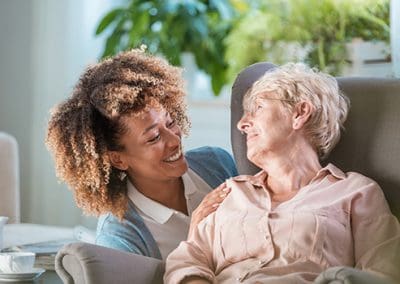
Communication is a necessary tool in the caregiver’s toolbox. More often than not, you find yourself communicating on behalf of your loved one with dementia. Family, friends, medical professionals, financial advisors, insurance companies ... eventually, ...
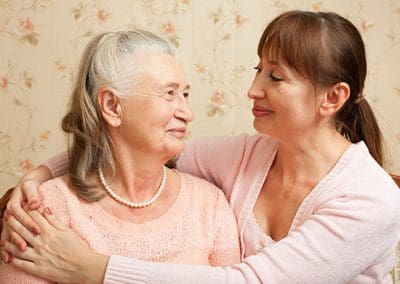
We’re taught from a very early age the importance of telling the truth. We hear this from our parents, our teachers, our employers and society at large. There are many, many adages and sayings about the truth: The truth shall set you free. Truth is the ...
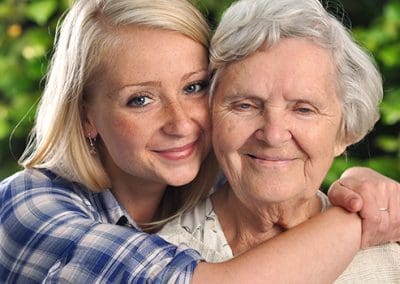
Making a big life change like moving to a senior living community can be exciting – but it can be overwhelming and a little stressful too. There are a lot of decisions that have to be made, and the terminology can be confusing if you’ve not had to deal ...

One of the biggest and most difficult conversations you may have following a dementia diagnosis is not about financial future. Or about future living situations. No, the biggest conversation is more than likely about something we all take for granted: ...
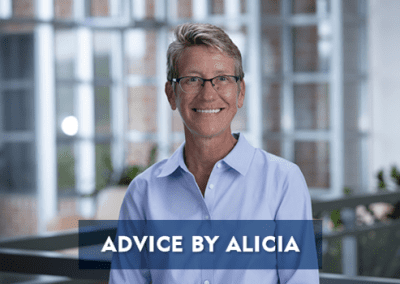
Alicia Seaver is the Vice President of Memory Care Operations for EPOCH Senior Living and a Certified Memory Impairment Specialist. Every month, she addresses a specific issue related to memory and memory care. If you’re interested in hearing about a ...

When we marry our spouse, we promise to love and care for them “in sickness and in health.” However, as we age and start to require more care than when we were younger, oftentimes one spouse or the other will find themselves stepping into a caregiver ...
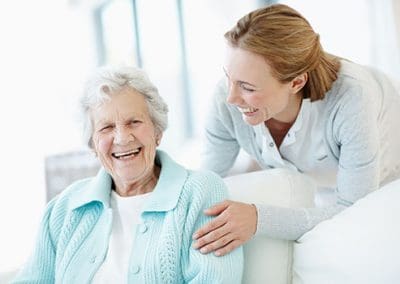
When your loved one is diagnosed with dementia, you’ll learn a lot of new things about medicine, treatments, clinical trials and more. You may feel more than a little overwhelmed as you research everything and try to determine what will work best for ...
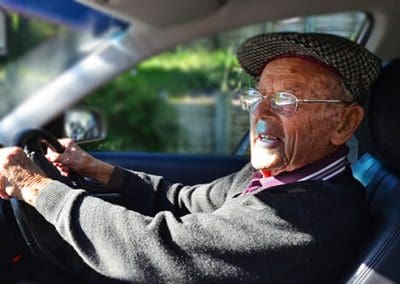
As our parents age, we’re faced with a lot of difficult decisions. What’s going to happen if they need more care than you can provide? Who will have power of attorney, and what will happen with their finances? While all these can be difficult topics to ...
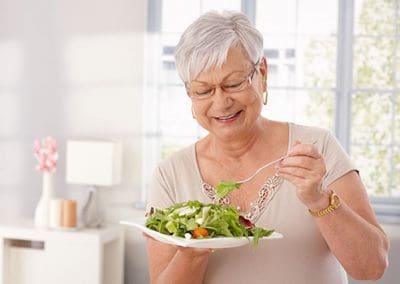
Eating a healthy, nutritious diet is good for all of us. The right foods can help us stay healthy, give us energy and keep us functioning at our very best. While this is true for everyone at any age, this is especially true for seniors with memory loss ...

Stop us if this sounds familiar: through one avenue or another, you’ve found yourself as the primary caregiver for a loved one with dementia. Yes, you’re doing it out of love (and maybe a little bit of obligation), and you’re happy to help however you ...
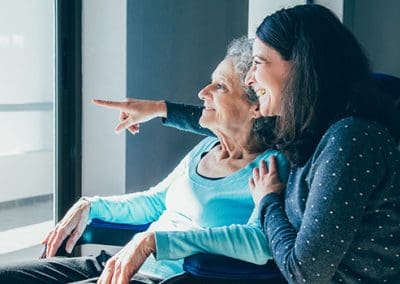
Being a caregiver for a loved one with dementia requires you to make many decisions. There are the day-to-day, mundane decisions –what should we eat today? what errands should we run this morning?– to the large and serious ones – is it time to move Mom ...
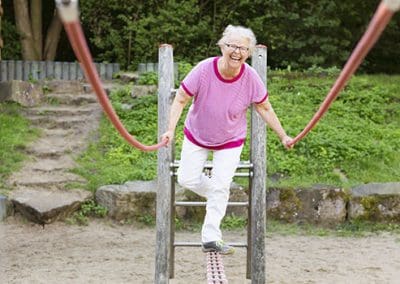
We all want to remain as independent as possible for as long as possible – that’s why we eat right, get exercise and avoid (as much as possible) vices that are harmful to our health. As we age, the things we need to do to stay independent change from ...

